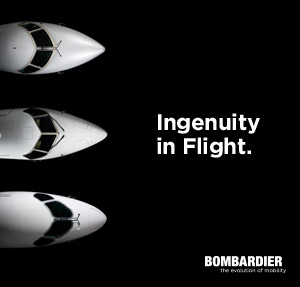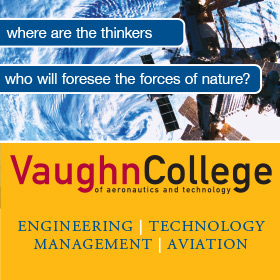VITAL research program marks major advance in reducing aircraft engine noise and CO2 emissions
Written by thomas · Filed Under Aeronautics NewsMarch 11, 2009
Budapest, March 11, 2009 – The expanded conference for the European research program VITAL took place in Budapest, Hungary on March 9 and 10, 2009. Launched in 2005, this program groups 53 partners, who have pooled their technology research efforts over the last four years to develop innovative environmental solutions.
More than 60 speakers from the European aviation industry presented various technological advances developed through this program. A summary of the definitive results will be published in March 2010.
“The VITAL program showed the deep commitment of European aero-engine manufacturers to investing in the technologies needed to more efficiently manage the environmental impact of air transport,” said Jean-Jacques Korsia, VITAL program coordinator from Snecma (SAFRAN Group). “Although we are still expecting further results by the end of the year, the results to date are already highly promising, and reflect a significant step forward in developing more environmentally-friendly engines and aircraft.”
VITAL aims to develop innovative technologies for the low-pressure section of the engine, based on new architectures. The program evaluated counter-rotating fans, lightened fans, highly loaded boosters, highly loaded turbines and turbines with fewer blades, for example, along with specific key technologies, such as a high-torque shaft, and lightweight components and structures. These technologies were investigated in conjunction with higher bypass ratios and lower fan speeds, to reduce noise and CO2 emissions.
The VITAL program set very ambitious objectives in terms of reducing noise (about 6 dB) and CO2 emissions (7%). It will provide a major contribution to meeting the goals set by the Advisory Council for Aeronautics Research in Europe, or ACARE*.
The VITAL program has a total budget of 91 million euros, including 51 million euros from the European Commission. Led by Snecma (SAFRAN Group), it brings together 53 partners, including Airbus and the leading European engine-makers: Rolls-Royce Plc, MTU Aero Engines, Avio, Volvo Aero, Techspace Aero, Rolls-Royce Deutschland and ITP.
» Próximo Post - navAero Class 2 EFB – first Part 121 deployment in the world with Airport Moving Map
« Post Aneterior - Firm Order Announced for PurePower PW1000G Engines on New Bombardier CSeries Aircraft for Lufthansa Group
Comments
¿Tiene algo que decir?
You must be logged in to post a comment.







